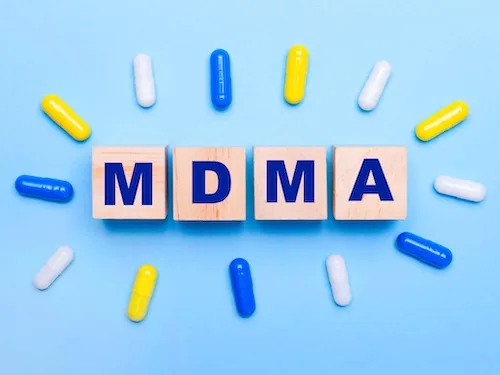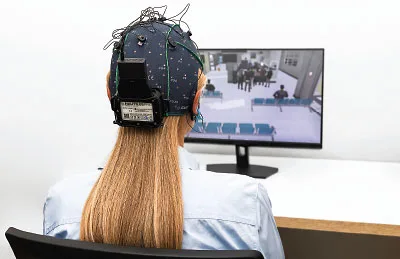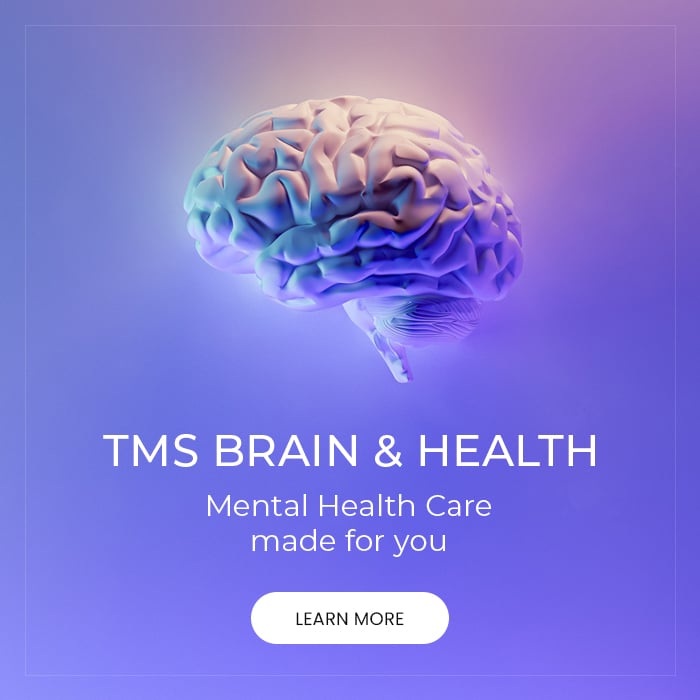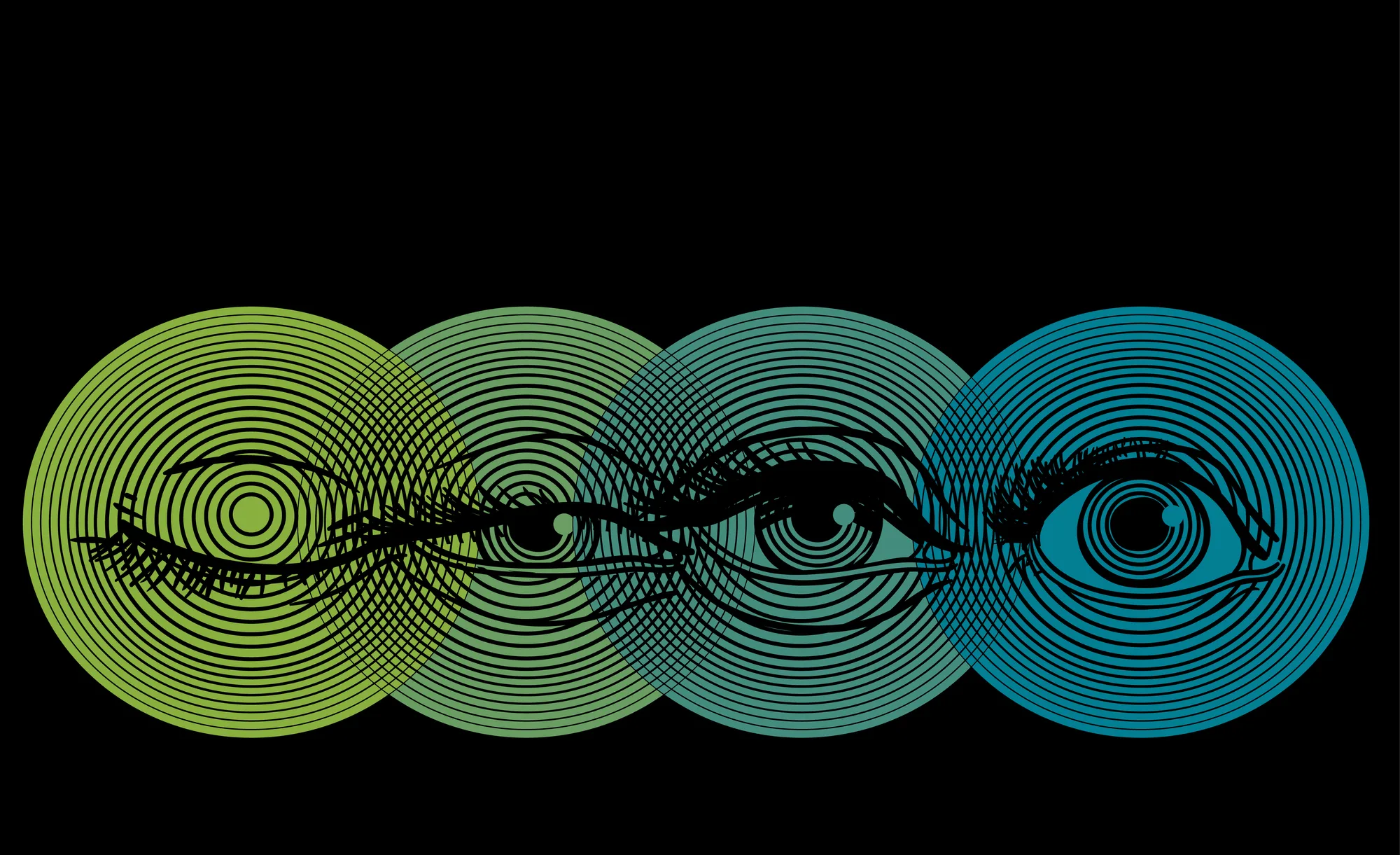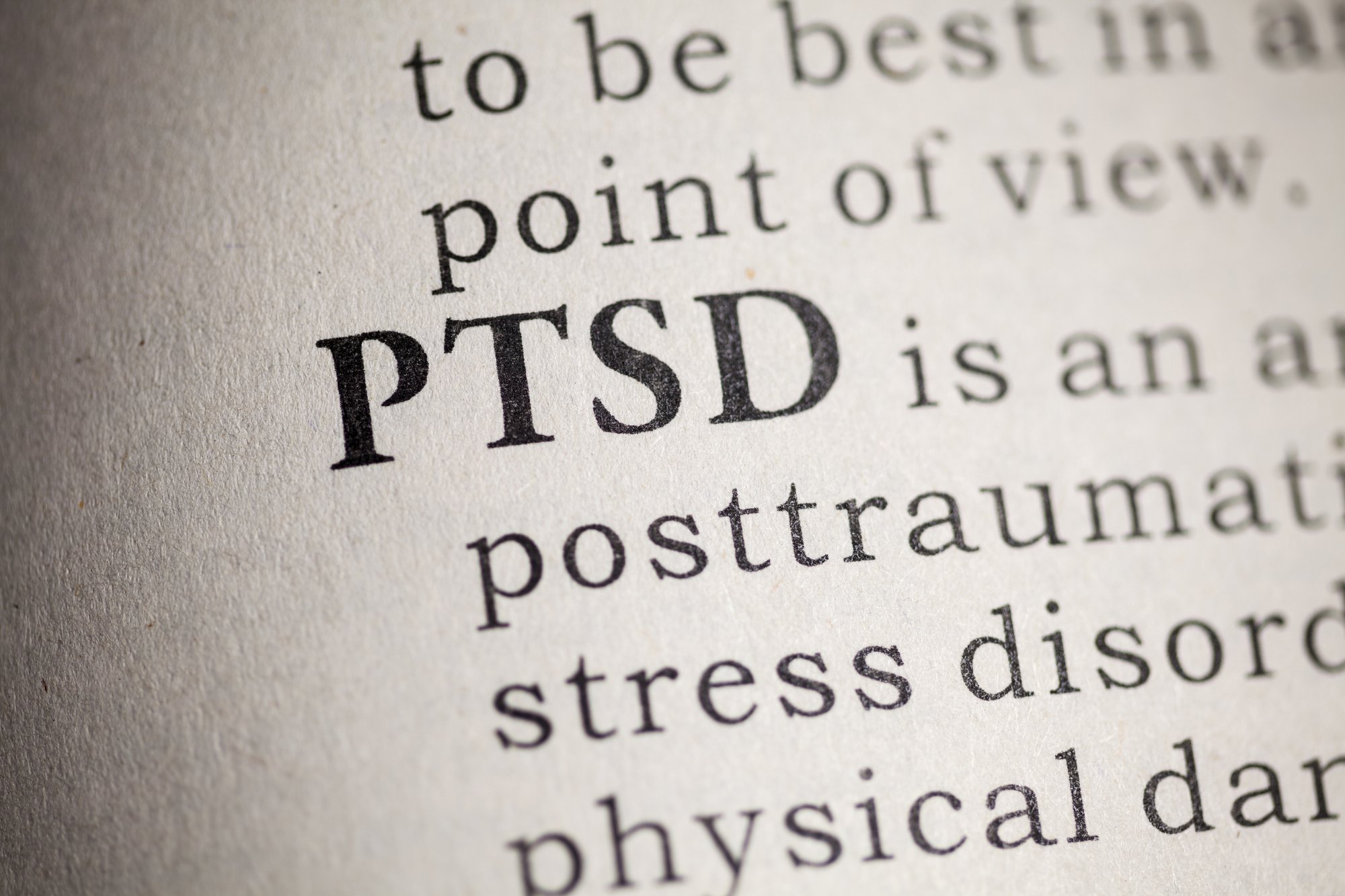Sometimes side effects of antidepressants and antipsychotic medications aren’t experienced until a patient tries to discontinue use. These symptoms, which can range from nausea to dizziness, are known as discontinuation syndrome.
The expert physicians at Bespoke Treatment in Santa Monica, California understand the problems created by discontinuation syndrome, and that’s why they offer transcranial magnetic stimulation (TMS), a non-pharmacologic option that can ease the process of withdrawal.
What are discontinuation syndrome’s effects?
Discontinuation syndrome is quite common, especially with certain classes of drugs, like antidepressants. Discontinuation syndrome from SSRIs has been documented in the medical literature since about 1960. Up to 80% of those who discontinue certain types of antidepressants or other drugs experience withdrawal symptoms when they stop, especially if they stop too quickly.
Symptoms of discontinuation syndrome include:
- Dizziness or vertigo
- Ataxia (problems with muscle coordination)
- Paresthesia (tingling or prickling of your skin) or numbness
- Tremors and sweating
- Lethargy and headache
- Insomnia, nightmares, or excessive dreaming
- Nausea, vomiting, or diarrhea
- Irritability, anxiety, and agitation
While the worst of the symptoms occur in the first few days after discontinuing the medication and last for about a week, some symptoms can be long-lived and create a serious disturbance in your daily life.
What is TMS?
Transcranial magnetic stimulation is a noninvasive treatment that uses strong, precise, and repeating magnetic pulses to stimulate the brain’s limbic system. That area is known to control emotional and behavioral patterns.
TMS requires no drugs or anesthesia, it’s safe, and it’s an FDA-approved treatment for Major Depressive Disorder. It’s also often used “off label” to treat other mental health conditions such as PTSD, bipolar disorder, and anxiety disorders. Symptom improvements last for a year, on average, after which the patient needs to repeat the treatment.
Can TMS help discontinuation syndrome?
It’s an intriguing idea — apply the same process in the same region of the brain that you use to improve depression to help reduce the amount and severity of withdrawal symptoms. In both cases, the left dorsolateral prefrontal cortex (DLPFC) is affected. The TMS’ electromagnetic pulse stimulates both the neurotransmitters and their receptors in this area, bringing activity up to a more normal level.
Most of our knowledge of TMS’ relationship with discontinuation syndrome comes from a single study, performed at Nanjing Shifosi Addiction Rehabilitation Center in Nan-jing, China by Ti-Fei Yuan, PhD. It was published online in September 2018 in the Journal of the American Medical Society and was titled “Targeting Withdrawal Symptoms in Men Addicted to Methamphetamine with Transcranial Magnetic Stimulation.”
The data, gathered from 48 men in a double-blind, randomized, clinical intervention trial — considered the “gold standard” for scientific and medical studies — showed a significant decrease in the amount of anxiety, cravings, sleep disturbances, and depression for those receiving TMS therapy.
In a comment to MD Magazine on September 12, 2018, Ti-Fei commented, “This is the first effort to manage drug withdrawal using brain stimulation technique, and it opens the possibility to help drug addicts in the first few days or weeks off from drug and may prevent relapse.” Even though this study did not examine individuals discontinuing from SSRIs, this study still may provide valuable insight into using TMS and other tools for discontinuation syndrome.
Bespoke Treatment offers transcranial magnetic stimulation to its patients who might find it beneficial, and the staff is interested in expanding to help those with discontinuation syndrome. They’re even the first practice in the Southern California area to specialize in Express TMS, or intermittent theta-burst TMS, which drastically reduces treatment times from almost 40 minutes per session to three minutes and nine seconds.
If you’re going through discontinuation syndrome and are interested in the possibility of TMS as a way to minimize your withdrawal symptoms, give our office a call at 833-867-2329 or request an appointment online.


